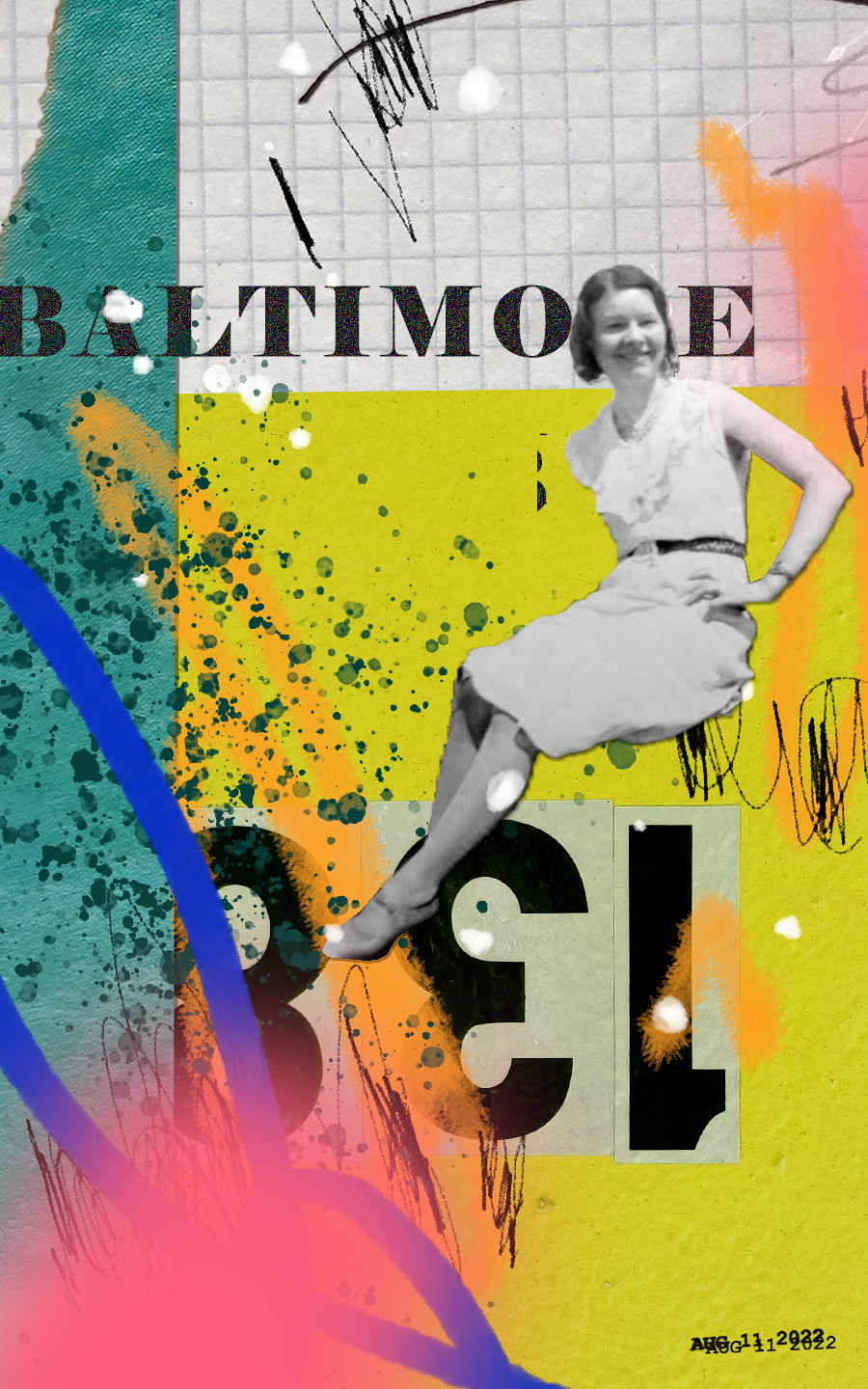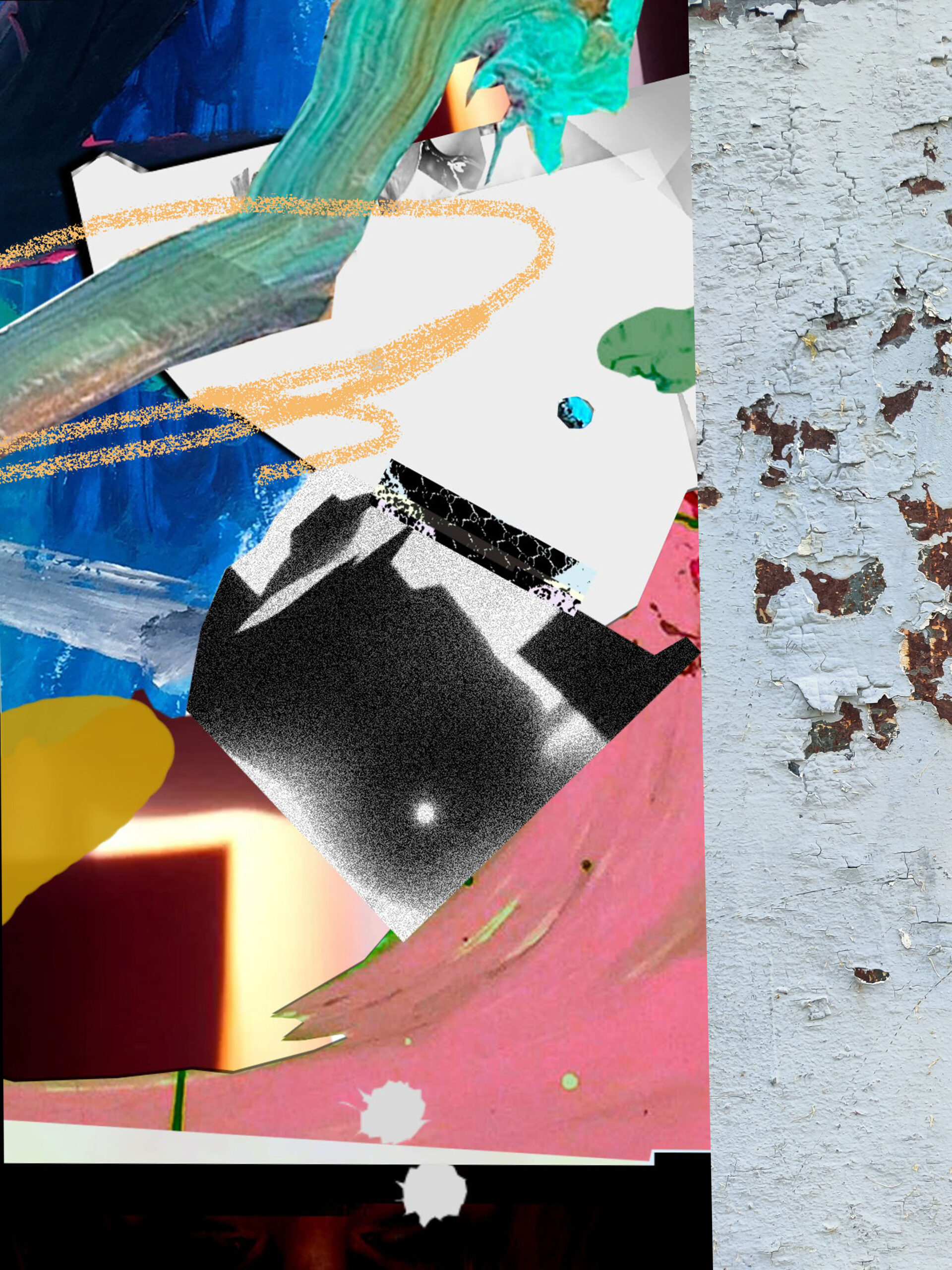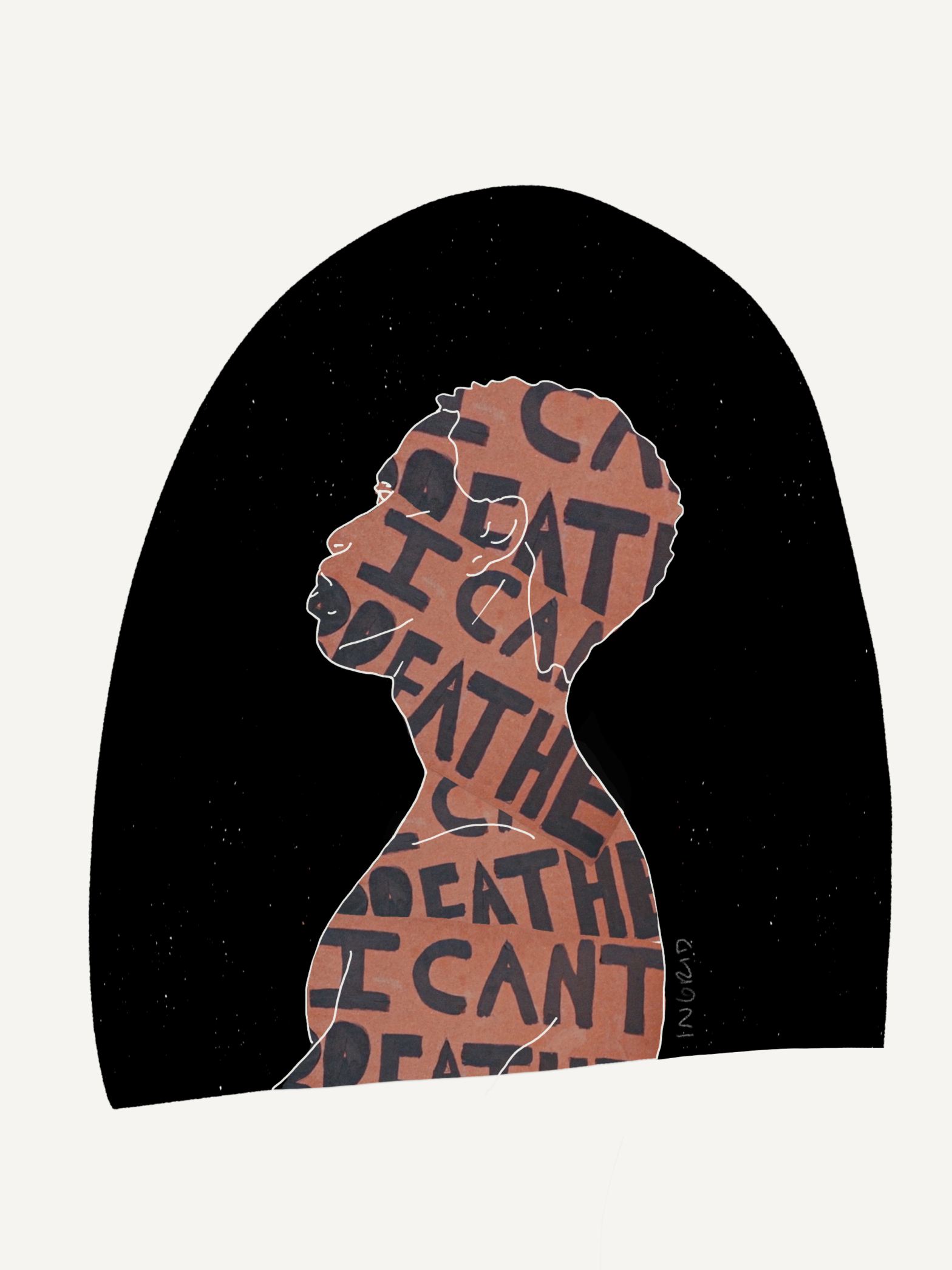This website uses cookies so that we can provide you with the best user experience possible. Cookie information is stored in your browser and performs functions such as recognising you when you return to our website and helping our team to understand which sections of the website you find most interesting and useful.
Tag: my digital art
-

Rust & Olive Branches
•
I pulled together images from last year’s trip to Tunisia (the olive branches at the bottom of the collage), a rusty sheet of metal, images of my own mixed media art, and part of an old family photo.
-

Digital Collage: Grandma Cordie
•
I’ve been exploring digital collage, remixing my own art and photography into new creations.
-

Max Devereaux Collab
•
In early August, artist and musician Max Devereaux reached out about doing a digital collaboration. We swapped some images, then played around to create new compositions. Here are the results! I haven’t done a lot of digital work before, but was grateful for this opportunity to try something that pushed…
-

Perfection is a Roadblock
•
We don’t have time for perfection: Black people are dying as white “allies” like me wait for the right words or the right moment.

